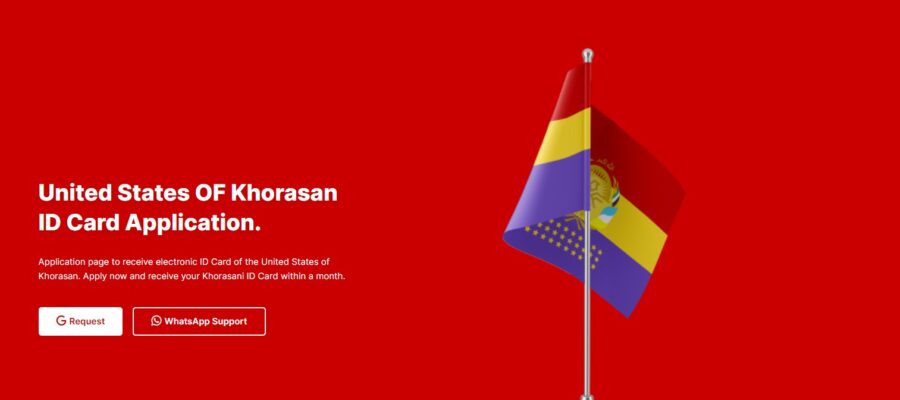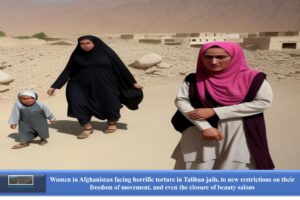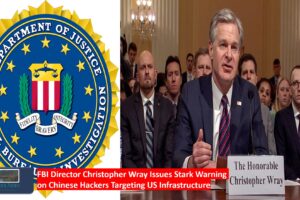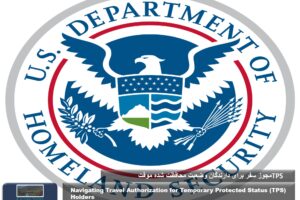The “United States of Khorasan” is a self-proclaimed country that is not recognized by any government or international organization. It exists only as a social media concept or fictional entity created by some individuals. The name “Khorasan” refers to a historical region that encompasses parts of modern-day Iran, Afghanistan, Turkmenistan, and Uzbekistan, but it is not a current political entity.
While a group of Afghan citizens has identified themselves as citizens of the “United States of Khorasan” on social media, this self-declared identity does not hold any legal or official recognition. In the realm of social media, people can create and adopt various identities or associations for different reasons, but the recognized status of a country is determined by international agreements and diplomatic recognition by other nations.
As of September 2021, there was no official recognition of the “United States of Khorasan” as an independent nation. Despite the claims of the United States of Khorasan’s website, which states that they have their own passport and ID cards for their citizens, these documents hold no legal standing and are not recognized by any official governmental bodies.

It’s essential to note that self-declared or imagined countries do not hold legal standing or official recognition unless they gain widespread acknowledgment by the international community. When it comes to legal documentation and identification, it is generally advisable to rely on documents issued by recognized and authoritative governmental bodies.
In conclusion, the “United States of Khorasan” is not a real country, nor is it recognized by any government or international organization. It is crucial to distinguish between real countries and fictional or imaginary ones, as the former have recognized borders, governments, and international relations, while the latter does not. If you have further questions or concerns regarding the United States of Khorasan or related matters, it may be best to seek information from reliable sources or consult with relevant authorities.





